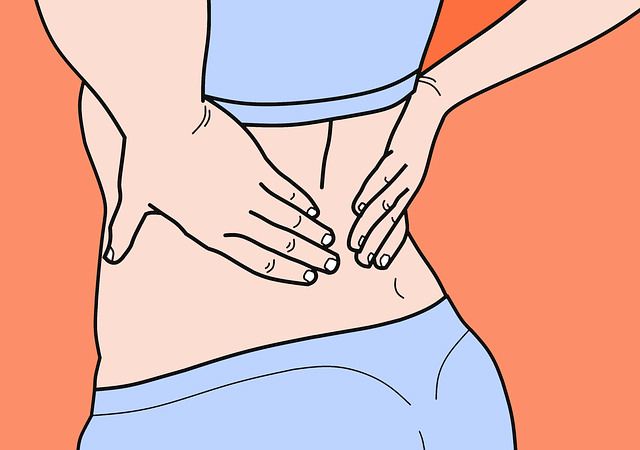Back pain is terrible for people and economies. What can be done about it?
You’re not particularly likely to be killed by back pain. But you are likely to suffer from it - it is the top cause of disability almost everywhere in the world. And its costs are enormous. People with back pain often have a severely reduced quality of life for years and years. It stops a lot of them from working, which means lost productivity for their economy and (if they live in a country with a decent welfare system) an increase in the amount of money their government has to spend on benefits.
There’s therefore plenty of people who have an interest in getting back-pain sufferers effective treatment. The usual solutions they turn to are painkillers and surgery. Billions and billions of pounds are spent by patients, their health insurers and/or their governments (if their country has publicly-funded healthcare like the NHS) on these treatments each year.
There are always costs to spending that sort money on anything, of course. Patients may end up putting themselves in debt or being unable to afford other things they value. Health care systems and insurers are financially squeezed and may respond by putting up taxes or premiums. Added to that in this particular case is the fact that the painkillers prescribed for back pain are often opioids, which are highly addictive and currently causing a big and deadly crisis in America. Still, some would say these downsides may be worth it if the trade off is a making a majority of back-pain sufferers more healthy, happy and able to work.
The problem is this doesn't seem to be happening. Many scientists and medical professionals say that in most cases, surgery and medication do not relieve back pain, and that better or equivalent results can be achieved if patients do non-medical things including exercising more and making certain lifestyle changes like leaving a difficult job or marriage (a big contributor to back pain seems to be stress).
On the face of it, this finding seems like a win-win situation for society; they can reduce the costs of back pain treatment without reducing the benefits. But it may be more difficult than that in practice. Committing to regular gym sessions or changing jobs, after all, is harder and more time-consuming than popping a pill.
Plus, many back-pain sufferers feel fobbed off if healthcare professionals tell them there’s little they can do, encouraging doctors to prescribe unnecessary treatment to avoid confrontations. And of course all those billions spent on treatment provides big financial benefits to private doctors, surgeons and pharmaceutical companies. That gives them an incentive to keep the system going.
Read our explainer on: opportunity costs.

